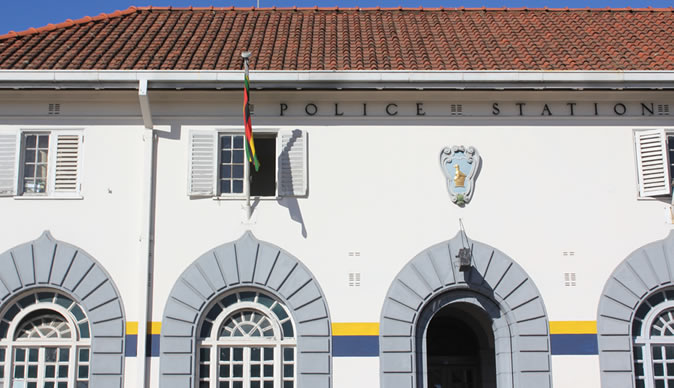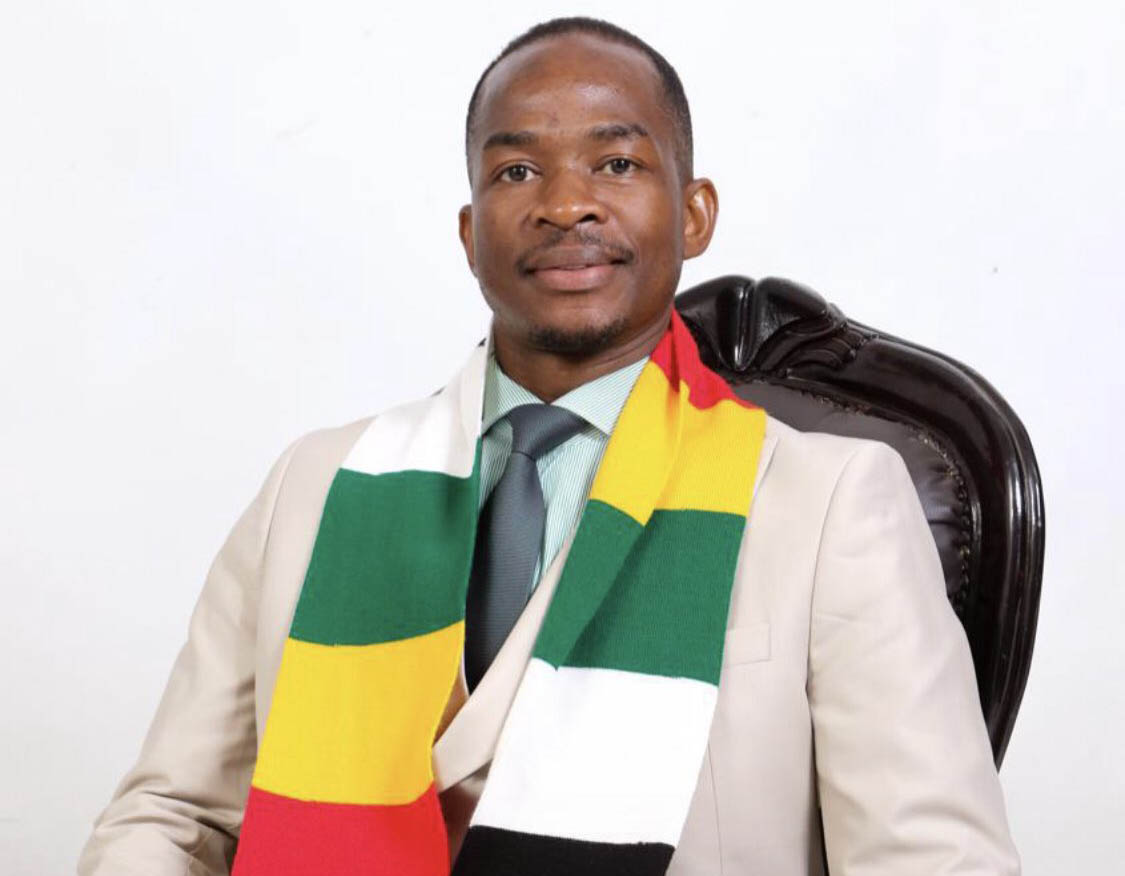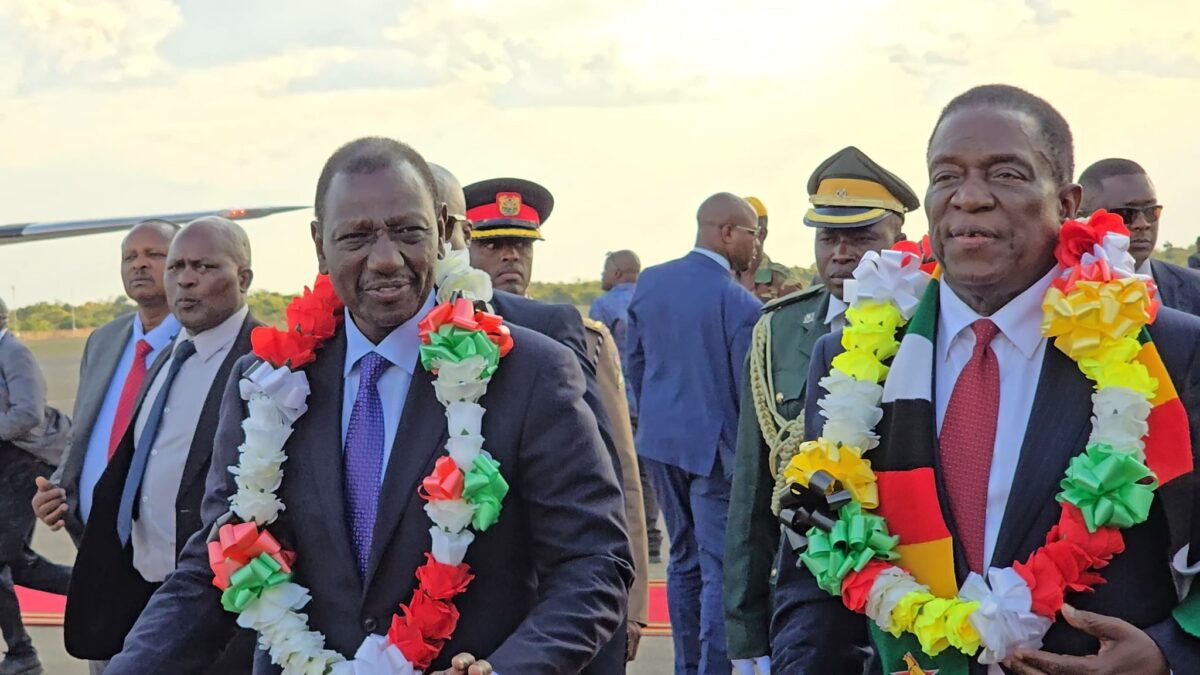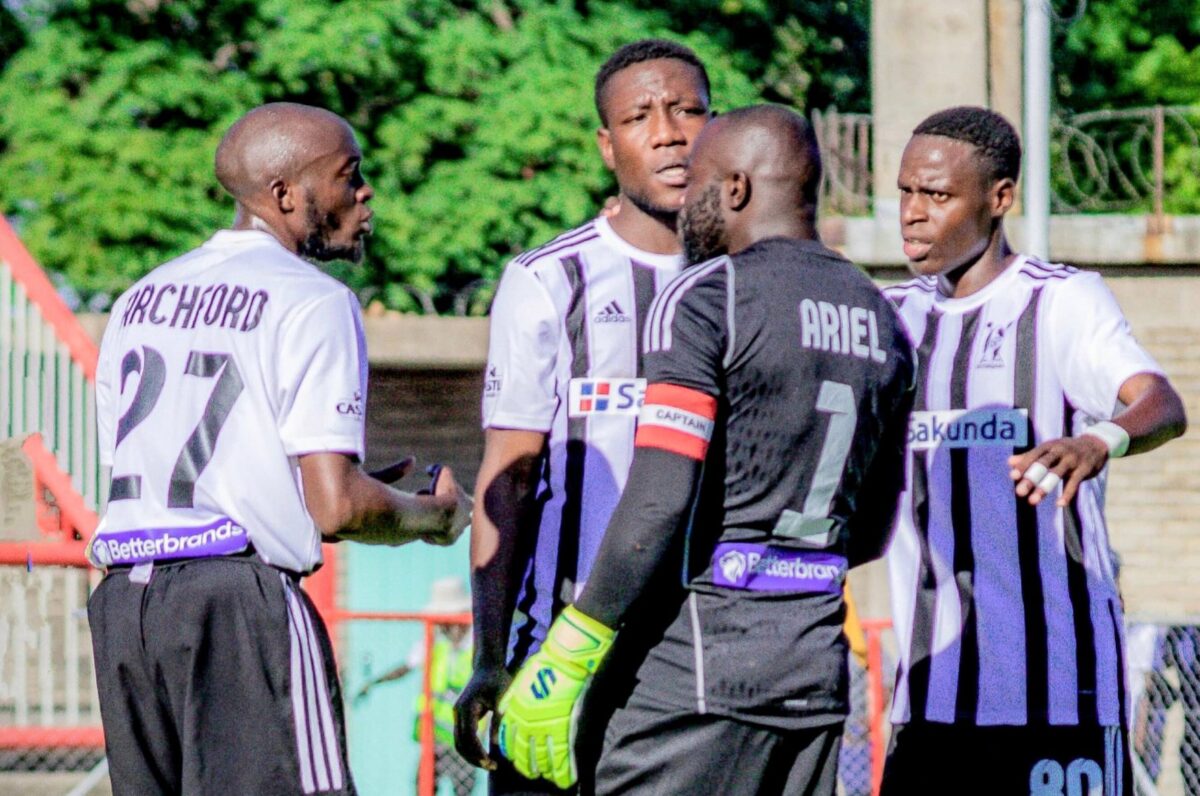HARARE – Former South African president Thabo Mbeki says President Emmerson Mnangagwa should ask himself “what’s in the best interests of Zimbabweans?” in order to move the country forward after disputed elections last month.
Speaking to the SABC in New York, United States, where he is attending meetings at the United Nations, Mbeki offered no solutions to the current crisis but appeared to suggest that a power sharing government – like the one he brokered in 2009 – can resolve the political crisis which is harming Zimbabwe’s prospects of ending an unrelenting economic crisis.
“In 2008 when the Zimbabweans could see that the elections had not produced a winner, they decided let’s get together as Zimbabweans for five years and see what we can do together,” Mbeki said in the interview broadcast Thursday.
“What must inspire you is not to say I’m a leader of the people of South Africa or ANC president, but to say ‘what would be in the best interests of the country?’… People are holding onto political positions. What’s in the best interests of Zimbabweans in a situation of this kind?”
Drawing parallels with his own removal as ANC president, Mbeki said he could have put up resistance – as Mnangagwa is doing with SADC observer mission findings – but in the end decided to “go along with the wrong decision” triggered by the ruling of a judge who said he and others in his government were involved in a political conspiracy to criminally charge his then deputy, Jacob Zuma.
“In the interests of what happens to South Africa, I thought it was best to say let’s go along with this wrong decision, because to have said ‘No’, to say ‘I’m not going,’ would have created an enormous crisis,” he said.
Mbeki said SADC troika chairman Hakainde Hichilema, the Zambian president, still needs to make a decision on the report of the SADC election observer mission which concluded that the elections did not meet regional and international standards on democratic elections.
He told the SABC: “I’ve not been very close to the Zimbabwe (election) processes. But as far as I know, after the SADC observers had made their comments virtually saying as far as they are concerned the elections were not representative of popular opinion, and submitted their report to the chairman of the SADC organ President Hichilema of Zambia, I don’t know what happened after that. I would presume that then the SADC organ would have had to study the report and make a decision or suggest what is to be done.
“After the 2008 elections which were very disputed, and then the second round of the presidential elections was marked by a lot of violence, the Zimbabwe parties agreed that the only way to respond to this reality is that we must come together in a government of national unity. It was a response to what had happened during the elections.”
The Zimbabwe Electoral Commission (ZEC) said Mnangagwa won the August 23 elections with 52 percent, while rival Nelson Chamisa polled 44 percent.
Foreign observers noted widespread intimidation, arrests of local election monitors to stop parallel vote tabulation, disruption of opposition rallies by the police, compromised judges and a lack of transparency by ZEC which has swatted calls to publish analysable polling station results.
Mnangagwa has named a cabinet and is determined to lead the country for what is his second and final five-year term, but Chamisa’s Citizens Coalition for Change is demanding a re-run of the vote under SADC and African Union supervision.
On the sidelines of the United Nations General Assembly, Mnangagwa sought meetings with SADC chairman Joao Lourenco, the president of Angola; South African leader Cyril Ramaphosa and Mozambican president Filipe Nyusi in what appeared to be a desperate push to win their backing as his government continues a relentless charge to undermine the report of the SADC observers.
Mnangagwa and his Zanu PF party are concerned that Hichilema – who boycotted the inauguration in Harare on September 4 – could trigger an extraordinary summit to discuss the observer mission report and in the process raise questions about his legitimacy.















